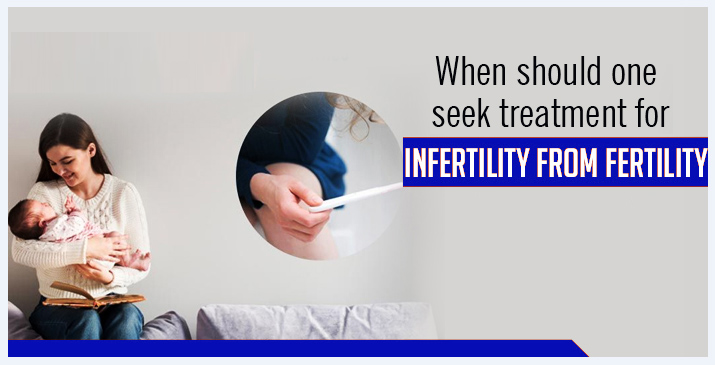
Research has been done to find that Free Contraception is associated with the number of sexual partners and the frequency of sexual intercourse over time. Investigators at Washington University in St. Louis The St. Louis School of Medicine (St. Louis, Missouri) published their findings online March 5 in the journal Obstetrics & Gynecology.
Researchers note that research has shown that providing free contraceptives and educating women on the most effective methods of contraception can reduce the rate of unintended pregnancies and abortions. The findings came from the CHOICE Project in St. Louis, Missouri. The medical community acknowledges the benefits of increasing access to effective birth control; however, some in our community are less enthusiastic. For example, the Family Research Council has expressed concern that increased access to medication could lead to an increase in the number of unintended pregnancies, possibly with an increase in sexual activity. Therefore, the question of whether greater access to contraception alters sexual behavior in unexpected ways is even more important. The authors of the study note that “reliance on data rather than intuition makes sense.” Therefore, they conducted a study to evaluate whether the provision of free contraceptives is consistent with changes in the number of sexual partners and the frequency of sexual intercourse over time. The study involved participants enrolled in a large-scale contraceptive study.
Researchers are analyzing data from the Contraceptive CHOICE Project, which was a prospective (prospective) study of 9,256 adolescents and women at risk of unintended pregnancies. Women were offered a flexible interest rate of their choice at no cost and were followed by telephone interviews at six and 12 months. Researchers examined the number of sexual partners and the frequency of sexual activity reported during the past 30 days for the first time compared to six months and 12 months after these studies received their free ban.
In the total group, 7,751 (84%) young women and women completed both 6 months and 12 months; therefore, they were included in the analysis. Researchers have seen a dramatic decline in the number of women and adolescents who have reported homosexuality in the last 30 days from support to 12 months (5.2% to 3.3%). The majority of women (70-71%) report that their sexual partners do not change at 6 and 12 months; however, 13% reported a decrease and 16% reported an increase. More than 80% of participants reported an increase in the number of partners experiencing an increase from zero to one partner. The frequency of maturation growth increases during the last 30 days from baseline (average: 4) to 6 and 12 months (average: 6). However, the prevalence of sexually transmitted infections did not result in an increase in sexually transmitted infections (STDs) within 12 months.
Investigators concluded that they found little evidence to support behavioral concerns that put them at risk of having sex following multiple access to contraceptive costs.



